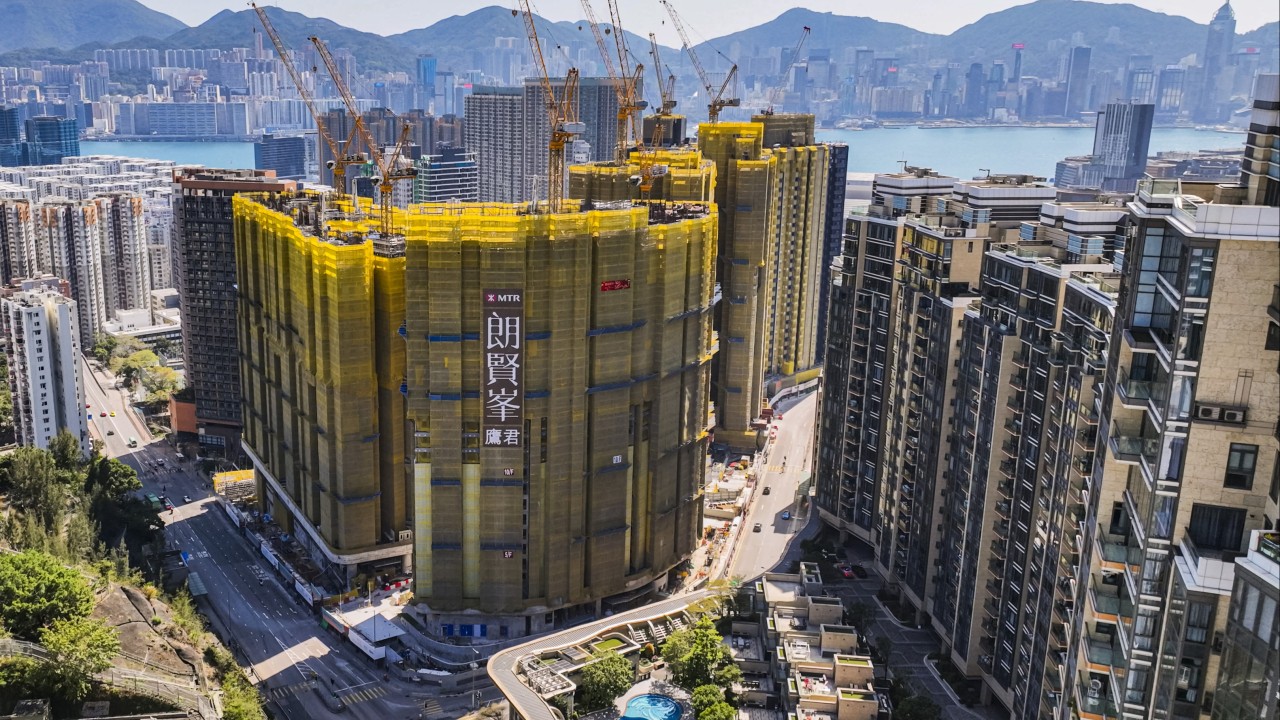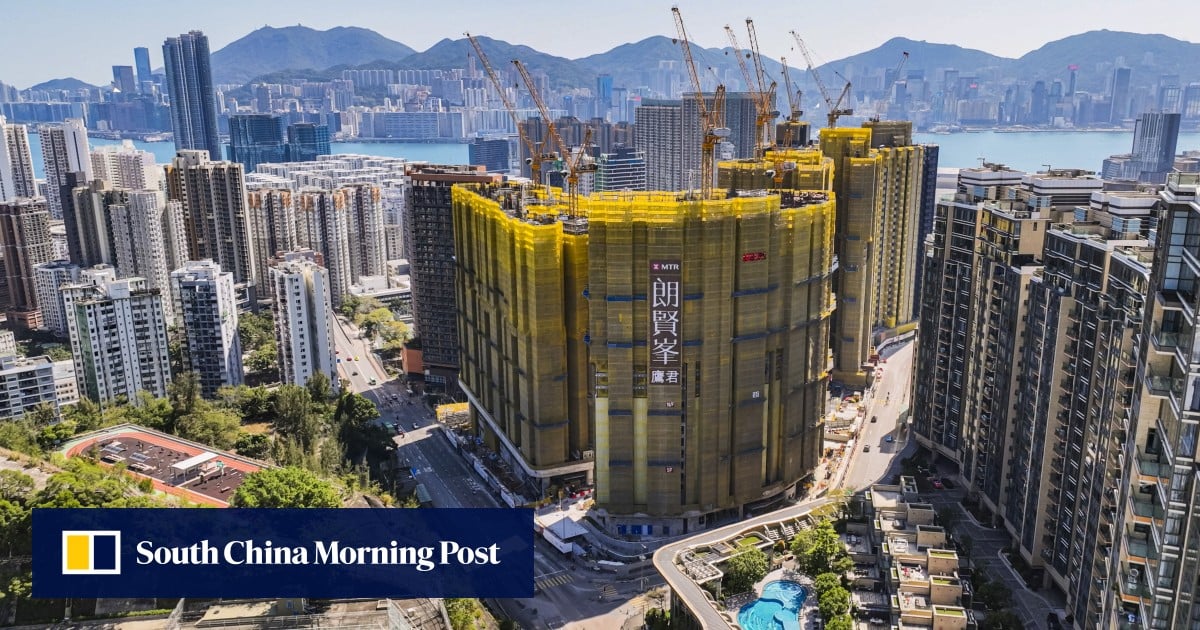
Hongkongers are less willing to buy homes amid price increases at new launches by developers, analysts said after Great Eagle Holdings announced a new higher price list for another 150 units at its Onmantin project on Monday.
The new price list is about 10 per cent higher than the discounted price per square foot released in the first list.
“The main and only reason why homebuyers have been snapping up all units at recent project launches is the discounted prices developers have been offering,” said Joseph Tsang, chairman of JLL in Hong Kong.
“Once developers increase prices for subsequent units, the sales slow down,” Tsang said. “[This is] because there is too much stock in the market.”
Buyers have many choices and there is, therefore, a lower acceptance of price increases, he added.
As Hong Kong property launches hit 7-year high, analysts say demand moderating
As Hong Kong property launches hit 7-year high, analysts say demand moderating
Hong Kong’s expected supply of new homes last month rose to a record high for a second consecutive quarter. By the end of March, the supply of first-hand private housing was expected to reach 112,000 units in the next three to four years, representing a quarter-on-quarter increase of 3,000 units, or 2.7 per cent, over the 109,000 units expected as of end of December last year, according to data released by the Housing Bureau last Friday.
CK Asset Holdings, Hong Kong tycoon Li Ka-shing’s flagship developer, sold 98 per cent of the 422 units it put up for sale at its Blue Coast project in Wong Chuk Hang during a first round of sales at the beginning of April, after pricing the project cheaper than all completed projects in the Southside residential neighbourhood.
Hong Kong home prices rise for first time in 11 months after curbs scrapped
Hong Kong home prices rise for first time in 11 months after curbs scrapped
These flats were priced more than 20 per cent below cost, which means CK Asset will make a significant loss on this inaugural batch.
The developer then raised its price list by a maximum of 10 per cent for subsequent units. During its second round of sales on April 13, it sold 130, or 70 per cent of the units on offer.
Whether the market accepts a price increase also depends on the district, said Martin Wong, director and head of research and consultancy for Greater China at Knight Frank.
“Some districts like Kai Tak, Yuen Long and Tuen Mun that have relatively more supply will face bigger challenges to price increases,” he said.

